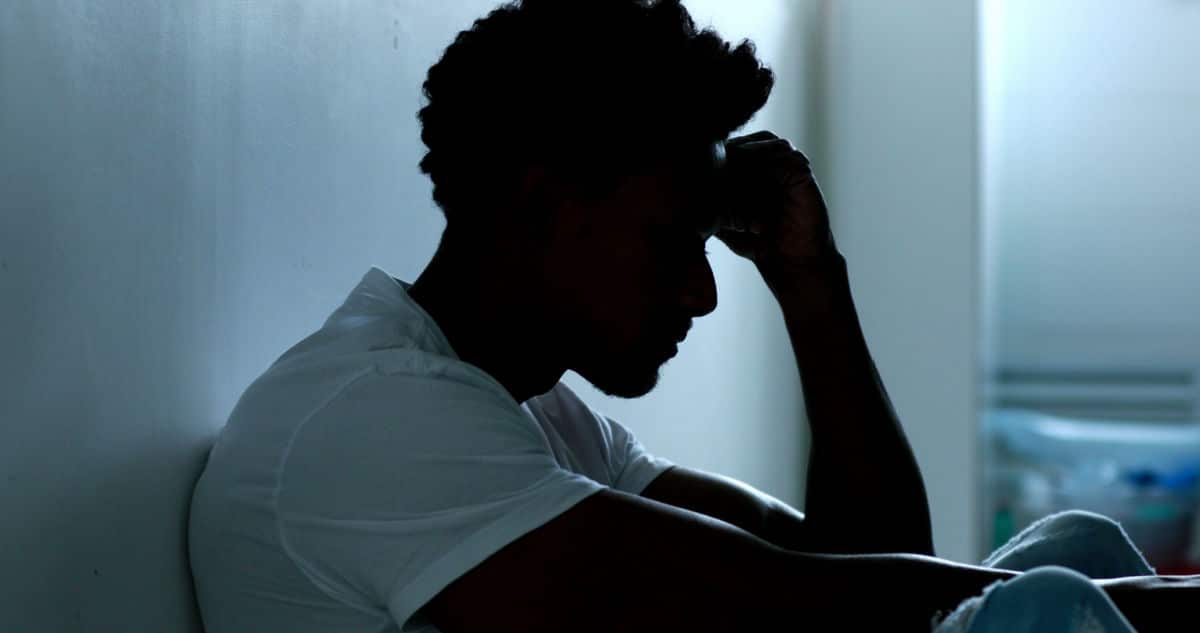For people suffering from different forms of addiction, getting the help they need to begin their recovery represents the first step in a life-long process. Often, the hardest part of the process resides in making the decision every day to maintain their sobriety and make the conscious choice to move forward with their life. However, keeping their newfound lifestyle can often prove more difficult than they imagined.
Regardless of their stage of recovery, knowing how to keep a continued commitment to their recovery remains an essential phase of the process.It represents one of the most challenging aspects of their life moving forward, and it’s one where having the right tools to sustain that commitment is vital. Here are some of the best ways to maintain sobriety after recovery.

Define What Sobriety Means for You
By definition, sobriety means you are not under the influence of any substance, usually narcotics or alcohol. However, different contexts conjure up different meanings. For example, 12-step programs defined sobriety as never using the substance again. Other definitions focus on the recovery process and developing crucial coping skills and mechanisms that help support your long-term health and wellness.
Taking that long-term view of sobriety can help you find a sustainable path forward while recognizing that recovery is rarely a straight line. Knowing there will be obstacles and bumps in the road will help you have the right frame of mind moving forward and help set you up for a sustainable recovery.
Having a trusted recovery center that can help you throughout the process can be beneficial in multiple ways, including teaching you an array of skills to help with your recovery. Silver Pines Treatment Center can help your recovery process in the following ways:
Identify Personal Triggers
For people recovering from an addiction, various situations can prove stressful and trigger their condition. However, knowing and understanding these triggers can help ensure you stay sober for the long haul.
Every person is unique, and the same goes for their personal triggers. What may prove difficult for one person may affect someone else differently. Here are some of the most common triggers that you should be mindful of:
- ncreased feelings of stress
- Emotional duress
- Environmental cues
- You’re surrounded by people that are still using
- Relationship troubles
- Career or financial issues
Recognize Relapse Warning Signs
The most challenging thing about a potential relapse is how it can sneak up on you without realizing it’s a danger. Identifying possible warning signs ahead of time can help you commit to your new sober life and help prevent a relapse well before you reach for a drink or a drug.
Typically, a relapse occurs in three stages — emotional, mental, and physical. Knowing the warning signs can help you take stock of the situation and reach out to trusted family members or your extended support network to get the assistance you need. Some of the most common warning signs include:
- Returning to addictive thought patterns
- Engaging in compulsive and self-defeating behaviors
- Actively seeking out triggering situations and environments
- Thinking and behaving less rationally and responsibly
- Finding yourself in a situation where drug or alcohol use seems like your only viable option to escape a painful scenario
Have a Plan for PAWS
Post-acute withdrawal syndrome (PAWS) can often represent the biggest hurdle for people in the early stages of recovery. Your body is still adjusting to not having the substance in its system, and it can persist long after your initial detox. The symptoms of PAWS can vary based on the individual but often include irritability, anxiety, depression, sleep problems, and fatigue.
These symptoms can vary in severity and persist long after you’ve begun personalized addiction treatment services . If you aren’t prepared for the side effects or don’t have the right support system in place, it can prove challenging for your sustained recovery.
Avoid Falling Into Old Habits
People are naturally habitual creatures. We love to have established routines that provide structure to our daily lives. For people on the road to sustained sobriety, ensuring that they avoid falling back into old habits can help them prevent relapse into alcohol or substance abuse.
Knowing how to create new and lasting good habits can help protect them from these destructive behaviors. In addition, finding the right support groups and treatment facilities can help show you what these sustainable habits look like and assist you with setting goals and a sustainable commitment.
Forge Healthy Relationships
The people you surround yourself with can have a lasting effect on your sustained sobriety. If you have people who remain committed to helping you forge a path ahead by offering love and support for your new lifestyle, those are the people you want to be around. If you have those that represent temptation or miss how you were while under the influence, these potentially co-dependent relationships can drag you back and trigger a relapse.
Avoiding and severing these toxic relationships and replacing them with healthy ones with people who have your best interests at heart can be the thing you need to stay sober.
Contact Silver Pines Treatment Center for the Help and Support You Need
When it comes to your sobriety, you want to have all of the resources you need to maintain your new lifestyle readily available. Knowing there is a local treatment center with trained staff and services that can help with your recovery can make all the difference. Silver Pines Treatment Center has helped countless patients in Mahanoy City, PA, and beyond with their unique needs, and we work with each person on an individual level to learn what will work best for them.
If you or someone you love wants to make a commitment to their sobriety and recovery, we’re here to help. Contact Silver Pines Treatment Center at 267.719.8689 to learn more about our aftercare programs today.





